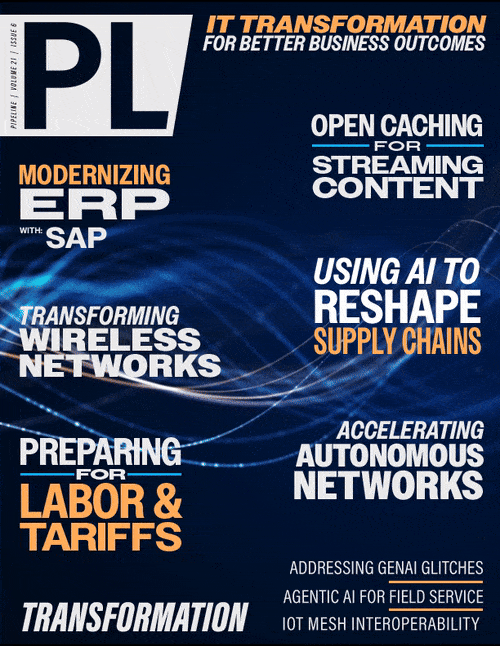Juniper Networks Launches New Routing Platform for IoT and 5GJuniper Networks Unveils 5G- and IoT-Ready Routing Platform to Unlock Service-Creation OpportunitiesNear-infinite programmability, increased flexibility, secure silicon define new MX Series 5G Universal Routing Platform to enable services delivery for the next decade and beyond Juniper Networks (NYSE:JNPR), an industry leader in automated, scalable and secure networks, today announced its new MX Series 5G Universal Routing Platform along with several software innovations to provide the needed programmability, performance and flexibility for rapid service deployment in the cloud economy now and for years to come. Leveraging its vast experience with leading global cloud and service providers, Juniper is unveiling its fifth generation of the MX platform, which is now the industry’s only platform to deliver near-infinite programmability, cost efficiency and versatility with performance at scale. It combines the best of software- and hardware-based networking to equip carrier, cloud and enterprise customers for the evolving technological and business demands of next-generation services delivery. Service providers are at an inflection point where the costs of operating a complex network that can host the new era of resource-intensive applications like 5G and secure SD-WAN-based managed services are overwhelming their ability to monetize them. Also, with the additional influx of machine data coming from IoT sensors, distributed telco edge and cloud computing, networks will become overextended if they remain static, particularly as current infrastructures have become too complex, expensive and vulnerable to cyber threats for service providers to manage the distributed scale and agility required for these new services. A poll among Juniper service provider customers about the top challenges in being able to offer next-generation services like SD-WAN, IoT and 5G, found:
To address these challenges and herald the next generation of routing for the coming wave of 5G, IoT and business services, Juniper designed its MX Series 5G Universal Routing platform with new silicon for near-infinite feature programmability, as well as open hardware-accelerated 5G Control and User Plane Separation (CUPS) for unparalleled performance, scale and freedom of choice, with additions to its universal chassis designed for operational simplicity, improved economics and increased agility. With Contrail’s comprehensive automation and rich software management overlay capabilities, along with MX’s subscriber management, SPRING, and enhanced real-time performance monitoring telemetry data, the new capabilities enable customers to create and scale any type of service across a secure automated distributed cloud in a simplified way. News highlights:
The MX10008 and MX100016 will be available during the second half of
2018. Juniper Penta Silicon-powered line cards for the MX960, MX480 and
MX240 will be available in Q1 2019. New CUPS support will be available
in the first half of 2019.
“The rise of next-generation wireless and wireline services is having a profound impact on the underlying networks needed to make them a reality. We’ve been a longtime partner with Juniper Networks since the first MX more than a decade ago and are excited to see the unveiling of its next generation MX platform.”
“As a major service provider looking at the future of how we connect our customers with evolving use cases, it’s important to have a routing platform underpinning it all that’s flexible enough to accommodate the unpredictability of the industry right now. 5G, IoT and SD-WAN all present great opportunities for us to create new revenue-generating services but they can also bring many infrastructure challenges. We’ve been longtime MX users and are excited to see that the new MX 5G platform leverages new silicon with programmability and integrated security, and supports control user-plane separation to provide greater flexibility for certainty in an uncertain networking environment.”
“Affirmed Networks is committed to providing operators with flexible deployment options as service providers continue to embrace virtualized architectures. Telco operators will be able to deliver higher performance customized 5G, IoT and business services that cater to the unique requirements of different end-user applications, with freedom of choice through open standards-based solutions from Affirmed Networks and Juniper.”
“While the industry is gradually transitioning to cloud-based deployments of network functions and services, high-performance routing hardware and custom silicon continue to be critical elements to address network services at scale. With the announcement of the Juniper Penta Silicon, Juniper continues to advance its routing silicon and platforms in order to ensure network operators can support existing services and applications more efficiently today, and be well prepared for the future.”
Source: Juniper Networks media announcement | |

















